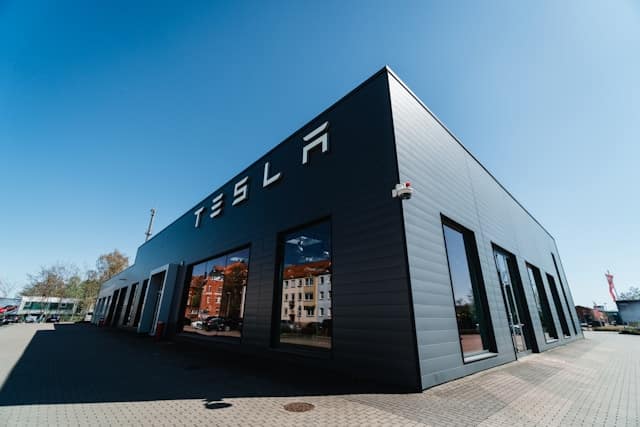Tesla, the American electric carmaker, has made a significant move by opening its first African office in Casablanca, Morocco. This strategic decision sets the stage for Tesla’s broader expansion across the continent and solidifies Morocco’s position as Tesla’s gateway into Africa.
The new office, located in the prestigious Casablanca Marina business district, is now home to Tesla Morocco, which was officially incorporated on May 27, 2025. This marks Tesla’s first formal subsidiary in Africa, where the company plans to offer a comprehensive range of services including vehicle imports and sales, servicing, electric vehicle (EV) charging installations, and the deployment of solar and battery energy systems.
This move by Tesla follows earlier signs of intent, such as the installation of Hybrid Superchargers in Casablanca and Tangier in 2021. These chargers served as a test to gauge market interest and introduce Tesla’s brand to local audiences. The opening of the new office represents the next phase in establishing direct customer engagement and distribution channels in Morocco.
Morocco has long been seen as a strategic entry point for global automakers looking to enter the African market. The country boasts automotive assembly capabilities, a growing renewable energy sector, and investor-friendly policies. Tesla’s decision to establish a presence in Morocco aligns with this favorable context and follows a pattern where the company first builds infrastructure and sales channels before considering local manufacturing.
In April 2025, Elon Musk confirmed Tesla’s plans to build its first African factory near Kenitra, a city known for its automotive industry and strategic location near key trade routes. This announcement generated excitement across the continent, with the Casablanca office now serving as a crucial link between existing infrastructure and future local production.
Tesla Morocco’s broad mandate suggests that it will play a central role in coordinating various services, from EV servicing to solar installations. This comprehensive approach could be essential in a region where EV adoption faces challenges due to infrastructure gaps and policy uncertainties. By offering not just cars but also charging solutions and renewable energy products, Tesla aims to lower adoption barriers and drive ecosystem development.
If successful, the Morocco model could serve as a blueprint for other African markets facing similar energy demands and urban mobility challenges. Tesla’s entry into Morocco signifies a significant step towards establishing a strong presence in Africa and demonstrates the company’s commitment to driving sustainable transportation and energy solutions on the continent.








